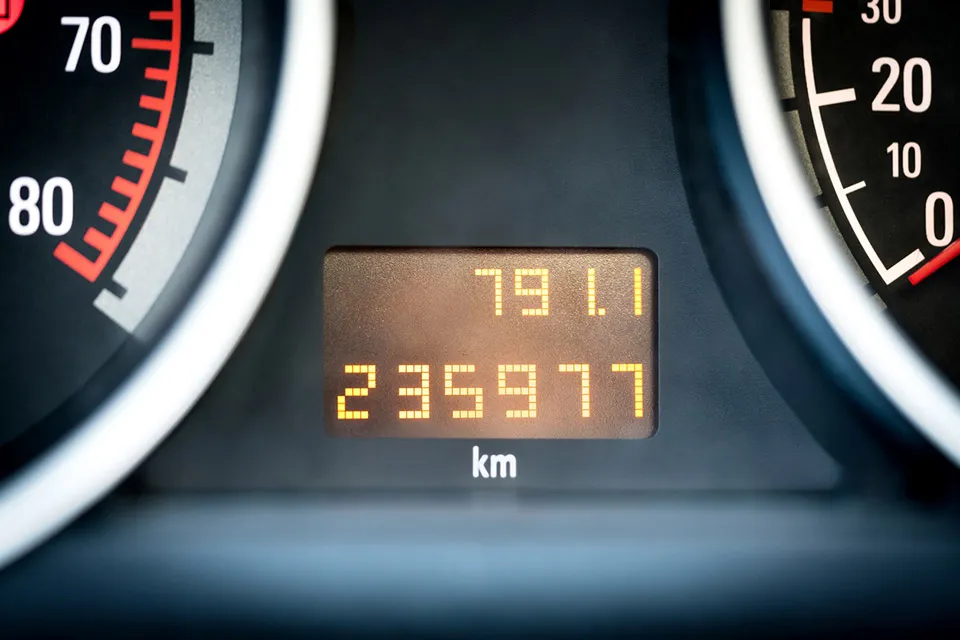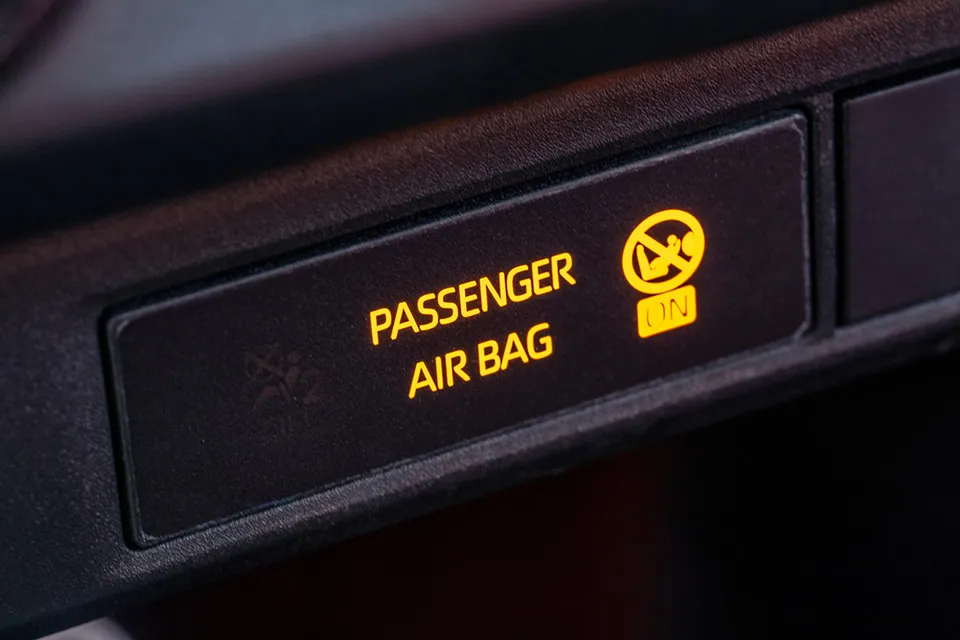What Documents Do You Need for Car Insurance? [2023]
![What Documents Do You Need for Car Insurance? [2023] What Documents Do You Need for Car Insurance? [2023]](../../images/evergreen/what-documents-do-you-need-for-car-insurance-2023-01.webp)
Buying a vehicle can be a complicated process, whether it be dealing with car-buying scams, finding the best deals, and ensuring you get a car that best fits your needs. But there is one question that every driver needs to ask themselves after buying a car: "What do I need to get car insurance"? Getting car insurance can be a simple process, but you'll need to ensure you have all the necessary documents and information.
What Do I Need to Set Up Car Insurance?
So what do you need to get to get car insurance? The most common pieces of information you need will include:
- Personal Details
- Banking Information
- Vehicle Specifications
- Vehicle History
- Driving History
- Vehicle Safety Features
A good portion of the information you'll need can be found by using online research tools like a VIN decoder or vehicle history report. Whether you find everything you need in these reports or need to research further, there are a number of details your car insurance company will need.
Personal Details
Car insurance companies will need numerous details about you to establish a policy, including your full legal name, current address, driver's license, social security number, and date of birth. Some of these details will affect how much you pay for your policy; age, for example, can have a significant impact. Younger drivers, who are inexperienced and more likely to get into accidents, will usually have to pay more. Most insurers will also conduct a credit check, as this can be one of the more critical factors that determine your rates.
Banking Information
To ensure that you are able to pay for your monthly premiums, an insurer will also request that you provide banking information. The document they'll require for this can come in the form of a voided check, credit card number, or routing number. You'll also be asked to choose whether you want to commit to automatic or manual payments. For the most part, it's wise to go with automatic; this ensures that your payments are made on time and reduces the stress of needing to remember to pay manually.

Vehicle Specifications
Your insurer will need to know what vehicle they are providing insurance for, so you'll have to provide plentiful information about the car itself. This information will include the vehicle identification number (VIN), the car's current mileage, in addition to the make, model, and year. Insurers will use this information to determine how to price your policy. Vehicles with higher mileage and specific models will sometimes require higher insurance premiums. While certain vehicle specifications can be most easily found on its paperwork, you may need to acquire some with the help of tools like a VIN decoder.
Vehicle History
Many insurers will also want to know your vehicle's history, which can be most easily found with a vehicle history report. Insurance companies want to see whether your car has ever been in an accident, what types of repairs it's undergone, how many previous owners it's had, and what purpose it's been used for. Most importantly, insurers look into a vehicle's history to see whether it's ever been declared totaled or salvaged. A car that has been reported as totaled will be seen as a risky asset to insure, as it may still have lasting damages from that accident. As a result, the premiums can be much higher for a vehicle with a major incident in its past.
Driving History
Insurance companies will also want to know your driving history or driving record, which will include your current license status, accident history, and whether you've been found committing moving violations. You can get this information in the form of a driving record found through your local DMV. Depending on your state, this record can take a few different forms, including a residential history record, certified true copies, limited extract copies, and complete extract copies. Driving records can also come in fewer categories: in New York, for example, driving records come in three types: limited, standard, and commercial.

Vehicle Safety Features
In addition to information to set up your policy, insurers may ask for details that could help you score some safe driving discounts. This means sharing whether your vehicle has anti-theft devices like alarms, GPS tracking, steering wheel locks, and kill switches. Insurance companies will also ask about your vehicle's safety features, like airbags, traction control, anti-lock brakes, accident avoidance systems, and backup cameras.
Car Insurance Document Frequently Asked Questions
What Documents Do I Need to Make Changes to My Insurance Coverage?
If you have insurance but need to make changes, you'll need to provide documents to do so. Suppose you plan to add a new driver to your policy, for example. In that case, you'll need to give your insurance company the new driver's license number, driving history information, social security number, and date of birth. Likewise, if you want to add a new vehicle to your policy, your insurer will need a copy of the vehicle's registration, VIN number, and declaration page.
Do You Need a VIN for Car Insurance?
Yes, insurance companies will require that you provide a car's VIN to get a quote or purchase a policy. You can find your VIN on your registration, on a previous insurance card, near your windshield, or near your door. You'll recognize the VIN as a 17-character code made up of numbers and letters.
What Can Insurance Companies See from a VIN?
A VIN number will give a car insurance company the ability to see a variety of details about your vehicle, including who manufactured it, where it was assembled, what year it was made, what type of engine it has, what safety features it includes, and whether it's ever been in an accident. They use this information to determine how much to charge you for a policy, with some cars incurring higher monthly and yearly fees.
FREE Vehicle Search
- Accidents
- Problem Checks
- Title Records
- Recalls
- Values
- Specs
-
InfoPay, Inc. (dba GoodCar) is an Approved NMVTIS Data Provider
-
-





































